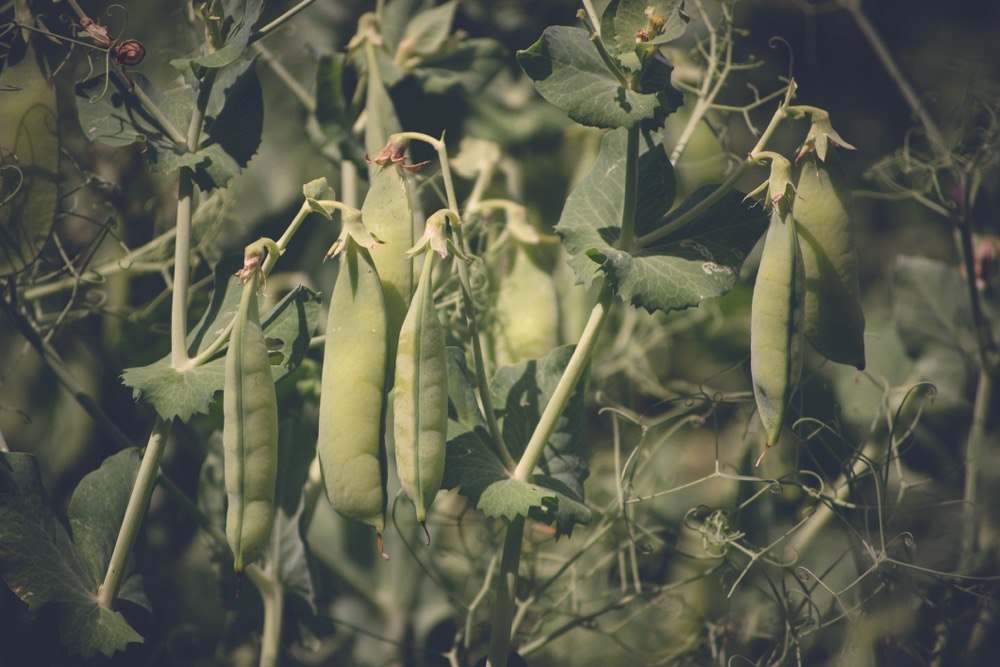Supply worries about Canada’s disappointingly small canola harvest this year are compounded by the oilseed’s reduced oil content, crimping profits for crushers and leaving food companies to scramble for other vegetable oils.
Expectations were high early in the crop year that a record-large canola crop in top grower Canada would compensate for some of the damage the drought did to U.S. soybeans. However, mid-summer heat in Western Canada during canola’s vulnerable flowering period reduced yields.
The crop came in smaller than expected at an estimated 13.4 million tonnes and contains a lower per centage of oil than usual, government data shows, hitting crushers’ profit margins by an estimated C$8 per tonne for every per centage point lower than last year.
Read Also

Pulse Weekly: Yields coming into focus
Provincial agricultural departments are reporting pulse yields higher than Statistics Canada’s September estimates.
"It poses a problem for exporters and crushers," said Tracy Lussier, manager of canola trading for Louis Dreyfus Canada , which acts in both roles. "If you lose a per cent of oil, you lose a significant amount of money."
Shorter supplies of canola oil come as projected stocks of U.S. soyoil, a competitor in the global vegetable oil market, for the just-started 2012/13 crop year look to be the smallest in nine years at 576 million tonnes.
The world’s stocks-to-use ratio for vegetable oils, a measure of supply to demand, will reach its tightest level in 2012/13 since the mid-1970s, due to relentless demand growth, especially in China, Rabobank said in a report this month.
About three-quarters of the world’s vegetable oil production is used for food purposes like cooking oils, margarine and spreads, with biodiesel also a major use.
Top-grade canola has a mean oil content of 43.5 per cent, down from last year’s 45.2 per cent and slightly off the 10-year average of 43.8 per cent, according to a sampling program by the Canadian Grain Commission, the industry’s regulator.
Lower oil content hits crush margins and also hurts exporters who may have guaranteed a per centage of oil content in the canola seed they ship, Lussier said. Crush margins are already one-fifth lower than a year ago at around C$72 per tonne for the ICE January canola futures contract.
Along with Dreyfus, major Canadian canola crushers and exporters include Cargill Ltd, Richardson International Ltd, Archer Daniels Midland Co and Bunge Ltd.
The oil content may improve as farmers sell later-harvested canola to crushers, said one oilseed industry source, who spoke on condition of anonymity. Typically, higher oil content is found in northern and western parts of Western Canada.
"We’re still in the early stages of trying to figure out what the real oil content is, and it is all over the place," he said.
Potentially, crushers could slow processing if margins are weak enough, Lussier said. So far in 2012/13, however, they have crushed 16 per cent more volume than during the comparable period in record-setting 2011/12.
Last year, crushers produced 3.1 million tonnes of oil and 4 million tonnes of meal, which is used mainly as a protein source for animals. The United States and China were the biggest importers of Canadian canola oil in 2011/12, with the U.S. also the biggest meal importer.
Food companies look for alternatives
With less canola oil available, food companies are looking to alternatives.
Global importers are likely to turn to relatively cheap palm oil – the most abundantly produced vegetable oil – as an alternative to more expensive products, Hamburg-based oilseeds analysts Oil World said this week. At least in the short term, palm oil is inexpensive and available, thanks to record-high stocks in Malaysia as of September.
Ontario-based Saporito Foods, which buys canola oil from crushers and bottles it to sell to restaurants and on store shelves in Eastern Canada, has seen prices "drastically increase" compared to soyoil.
"We’re trying to push our customers to soya, but some need canola for sure in their recipes," said Saporito’s president, Bill Tserpes.
"If our customers want canola, they’ll have to pay extra for it.
Rod Nickel writes for Reuters in Winnipeg















